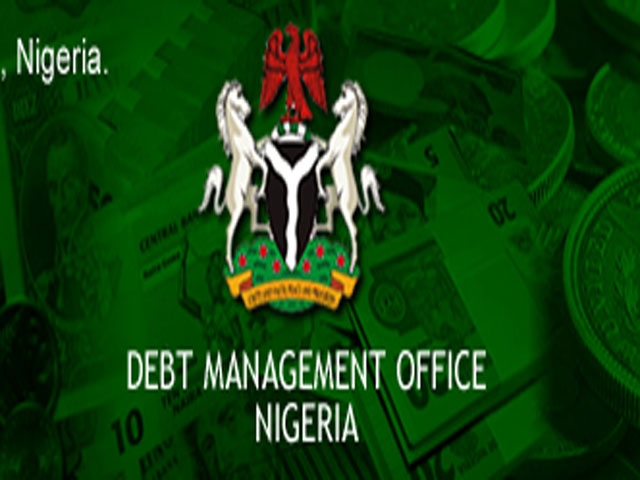Nigeria’s public debt has risen to N32.915 trillion as at December 31, 2020, according to the Debt Management Office (DMO).
DMO in a statement on its website said the figures include the debt stock of the federal and state governments as well as the Federal Capital Territory (FCT).
According to the statement, after Nigeria exited from recession in 2017, the level of new borrowings at the federal level in the Annual Appropriation Acts, has been reducing due to measures to ensure moderate rate of growth in the Public Debt Stock for debt sustainability.
“New borrowing to part finance Budget Deficits had declined steadily from N2.36tr in 2017 to N2.01tr in 2018, N1.61tr in 2019 and N1.59tr in the first 2020 Appropriation Act.”
“This trend was reversed in 2020 due to the economic and social impact of the COVID-19 Pandemic as new borrowing in the revised 2020 Appropriation Act was N4.20tr.”
It noted that apart from the new domestic borrowing of N2.3tr, the other new borrowings were concessional Loans from the International Monetary Fund, $3.34 billion, and other multilateral and bilateral lenders.
“This incremental borrowing to part-finance the 2020 Budget and the additional issuance of Promissory Notes to settle some arrears of the Federal Government of Nigeria, contributed to the increase in Public Debt Stock.”
“New Domestic Borrowings by State Governments also contributed to the growth in the Public Debt Stock.”
“Total Public Debt to Gross Domestic Product as at December 31, 2020 was 21.61 per cent, which is within Nigeria’s new limit of 40 per cent.”



